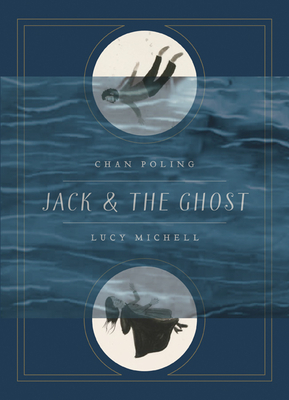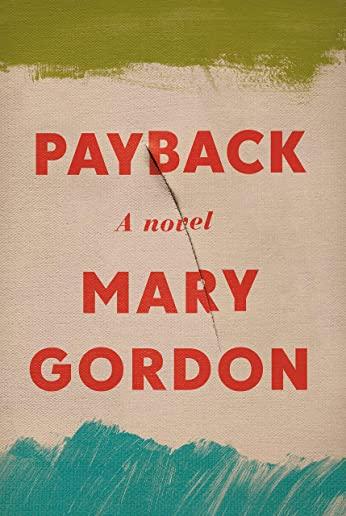
description
rica's favorite novel, The Great Gatsby, at the young age of twenty-eight. Despite this extraordinary early achievement, Fitzgerald finished just one novel in the next (and last) fifteen years of his life, ending as a mostly unemployed Hollywood screenwriter. Taking Things Hard reveals the story behind the now-iconic Gatsby, along with Fitzgerald's struggle to write anything that matched its brilliance. Robert R. Garnett's new biographical study of Fitzgerald's life and work begins by constructing a portrait of the young man who would wholly and uniquely pour himself into writing Gatsby. In the years following its publication, Fitzgerald continued penning stories, some of them among his finest, yet it took him nine years to complete another novel. The downward trajectory of his career had interweaving causes, among them arrogance, irresponsibility, his troubled marriage to Zelda Sayre, financial improvidence, and a destructive alcoholism. At the root of it all, though, lingered the simple fact that Fitzgerald's most intense and profound experiences had come early, during his truncated undergraduate years at Princeton and the months following his February 1919 discharge from the army. Taking Things Hard provides a fresh look at the imaginative sources of Fitzgerald's fiction and considers the elements, drawn from the keen impressions and salient emotions of its author's youth, that make Gatsby a book that still speaks powerfully to readers.
member goods
No member items were found under this heading.
Return Policy
All sales are final
Shipping
No special shipping considerations available.
Shipping fees determined at checkout.







